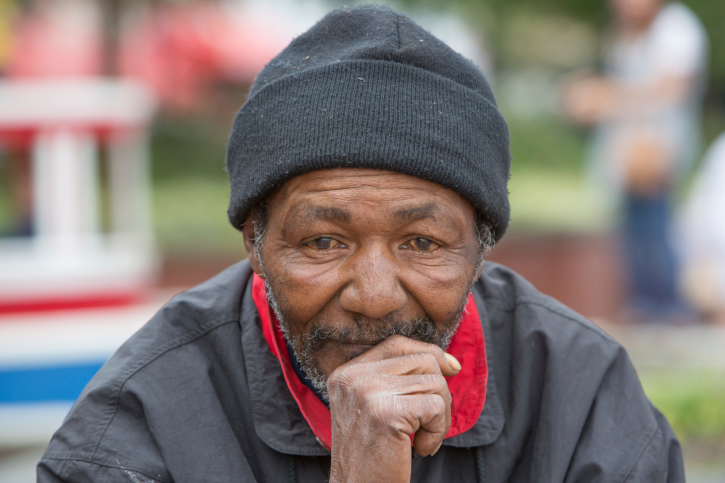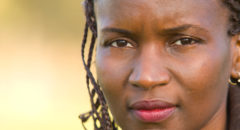
Last fall, our office hosted the inaugural “Forum on the State of Health Equity at CDC.” The purpose of the forum was to examine CDC’s progress in the implementation of policies, programs, surveillance, and research that contribute to achieving health equity. We grappled with definitions, measures and indicators, program components, and the infrastructure needed to effectively integrate health equity across our programs. We also reached out to the agency’s Healthy Aging Program and the Sexual and Gender Minorities Workgroup and asked “what issues or concerns would you like addressed as part of this forum?” This is what they said:
- “How can we address and prevent ageism (discriminatory practices against older people; institutional practices and policies that perpetuate stereotypes about older people; prejudicial attitudes toward older people, old age, and the aging process) in our public health practices and policies?”
- “Sexual and gender minorities generally have worse outcomes across the health spectrum than other persons. A large body of research has documented that heterosexism contributes to increased rates of health problems among sexual minorities. What efforts are CDC supporting to combat societal heterosexism?”
SIGN UP FOR OUR NEWSLETTER HERE!
The introduction of these questions stirred others to raise issues related to racism, nativism, and how we can better include people with disabilities in our data collection and program planning. Though couched in references to the scientific literature, the conversations were emotionally charged and sensitive.
Why? From my standpoint, discussions of “isms” trigger a level of soul searching and intellectual musings that are rarely adequately resolved, and never in the timeframe needed – typically, right now! For example, these conversations force me to confront my own social location as an African American woman; how I reinforce or combat “isms” that negatively impact others; and the power of the structural determinants of these “isms” that defy easy resolution. The structural or systemic view of the “isms” reminds me that they are interdependent. In other words, there are larger structures that drive and reinforce the expression of the “isms.” Where, in such large and dynamic structures, might we begin to intervene to dismantle the “isms” that influence health disparities?
Some would argue that these discussions take us away from the science of public health toward policy and economic drivers that are outside of the purview of public health. While we are off tackling the “isms” and social inequalities, who is ensuring clean air and water, access to preventive health services, and disease prevention and health promotion? Are we “stepping out of our lane” as public health practitioners, researchers, and leaders by seeking ways to address and prevent ageism – and the other “isms” in our public health practices and policies? If lived experience of the “isms” (e.g., racism) is associated with poorer health outcomes, what is the role of public health in overcoming them? Must we take a stand of “either/or” or is there an opportunity to do both in public health practices and policies?
I would contend that, we need to understand what they are, how they work to negatively impact health, and most importantly, what we can do to address them. In the coming months, we will dedicate a Conversation in Equity blog post to better understanding ageism, ableism, nativism, racism, and heterosexism. There is a body of research describing associations between the experience of racism and health outcomes, but less attention has been given to other “isms” in public health. While we won’t resolve the “isms,” we hope to inspire a conversation that seeks to understand “difference” in respectful and health promoting ways.
What is your organization doing to combat the “isms” through public health?
For more on this topic, click here.
Visit the BlackDoctor.org CDC center for more articles.








